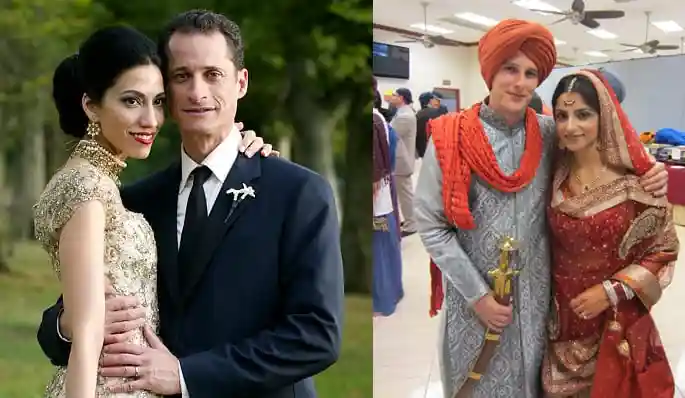India, a country renowned for its cultural diversity and rich heritage, has long been a melting pot of different ethnicities, languages, and traditions. Yet, despite its vibrant tapestry of diversity, interracial marriages in India have often been shrouded in myth and misconception. In this article, we delve into the complexities of Indian interracial marriages, challenging prevailing myths and shedding light on the realities of cross-cultural unions.
- Historical Context: Interracial marriages in India have a long history, dating back centuries to ancient times. India’s position as a crossroads of civilizations facilitated the intermingling of different cultures and ethnicities through trade, migration, and conquest. From the Indo-Greeks to the Mughals, various dynasties and empires have left their mark on Indian society, contributing to its rich tapestry of diversity.
- Cultural Diversity: India’s vast cultural diversity is reflected in its multitude of ethnicities, languages, religions, and traditions. Each region of India boasts its own distinct cultural identity, shaped by centuries of history, geography, and social dynamics. The diversity within India provides fertile ground for interracial marriages to flourish, as individuals from different backgrounds come together in love and partnership.
- Social Stigma: Despite India’s cultural diversity, interracial marriages have often been met with social stigma and resistance. Deep-rooted prejudices based on caste, religion, and ethnicity can influence societal attitudes towards cross-cultural unions. Families may be hesitant to accept marriages outside their community or caste, fearing the loss of cultural identity or social status. As a result, interracial couples may face challenges and discrimination from both their own communities and broader society.
- Legal Framework: The legal framework surrounding interracial marriages in India has evolved over time. The Special Marriage Act of 1954 allows individuals from different religions or castes to marry without conversion, providing a legal framework for interfaith and inter-caste marriages. However, despite legal protections, interracial couples may still encounter bureaucratic hurdles and societal resistance when registering their marriage or seeking official recognition.
- Changing Attitudes: Over the years, attitudes towards interracial marriages in India have gradually begun to shift. Urbanization, globalization, and increased social mobility have contributed to greater acceptance of cross-cultural unions, particularly among younger generations. As India’s society becomes more interconnected and cosmopolitan, interracial marriages are becoming increasingly common in cities and metropolitan areas.
- Cultural Fusion: Interracial marriages in India often lead to a fusion of cultures, traditions, and lifestyles. Couples may celebrate festivals from both partners’ cultures, incorporate elements of each other’s cuisines into their meals, and participate in rituals and ceremonies from diverse backgrounds. This cultural fusion enriches the fabric of Indian society, fostering greater understanding and appreciation of different cultures.
- Challenges and Opportunities: While interracial marriages in India offer opportunities for cultural exchange and enrichment, they also pose unique challenges for couples. Navigating cultural differences, familial expectations, and societal attitudes requires patience, understanding, and resilience. Couples must communicate openly, support each other through challenges, and forge their own path in the face of societal pressures.
- Celebrating Diversity: Ultimately, interracial marriages in India are a celebration of diversity, love, and acceptance. They challenge stereotypes, break down barriers, and promote greater understanding across cultural divides. As India continues to evolve as a multicultural society, interracial marriages play a vital role in shaping its future, fostering inclusivity, and building bridges between communities.
In conclusion, the myth of interracial marriages in India is a complex tapestry woven from historical legacies, societal attitudes, and cultural dynamics. While challenges persist, the reality is that interracial marriages have always been a part of India’s diverse fabric. By exploring the complexities of interracial unions and challenging prevailing myths, we can promote greater acceptance, understanding, and celebration of diversity in Indian society. As India continues on its journey of progress and transformation, interracial marriages will continue to play a pivotal role in shaping its cultural landscape for generations to come.
